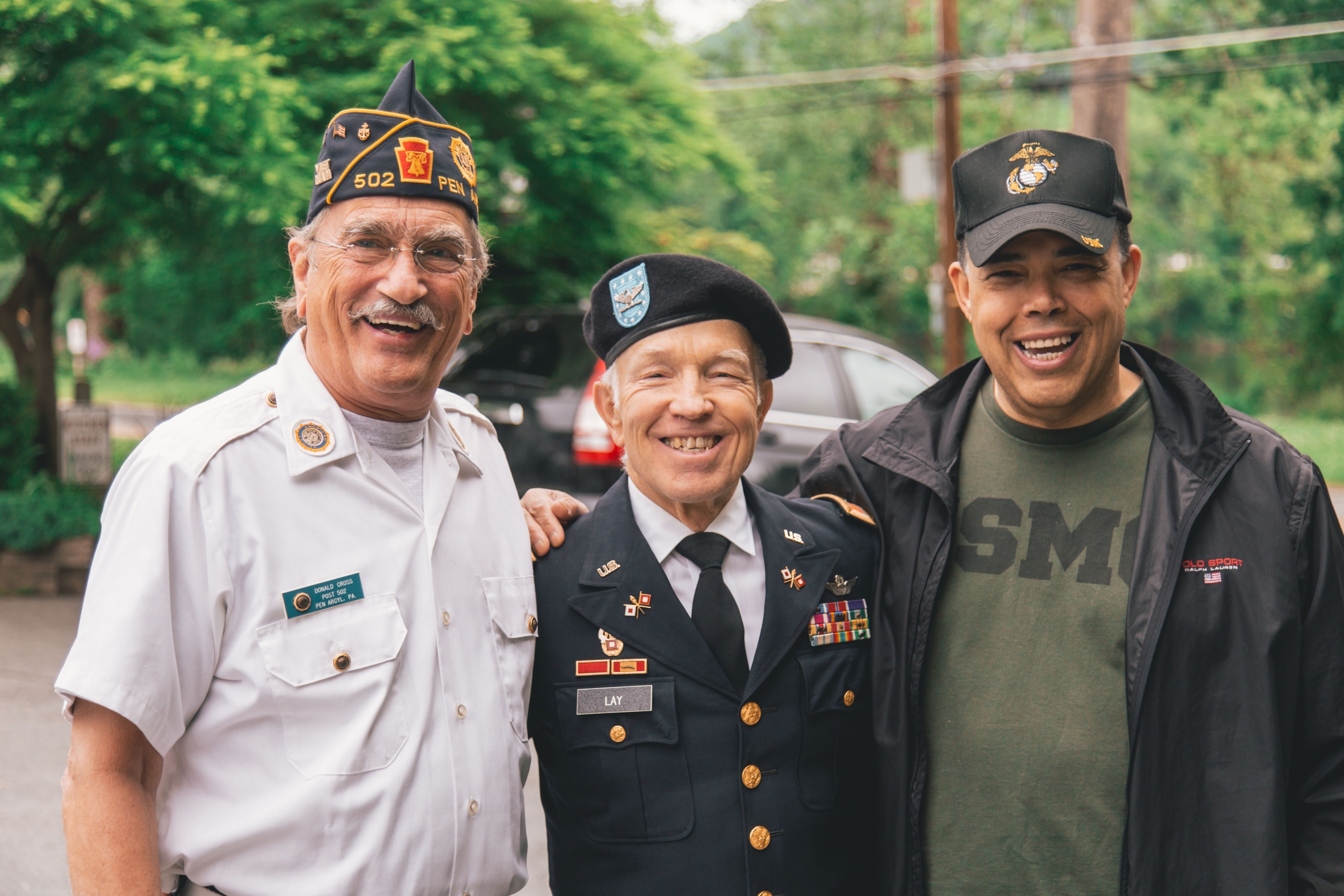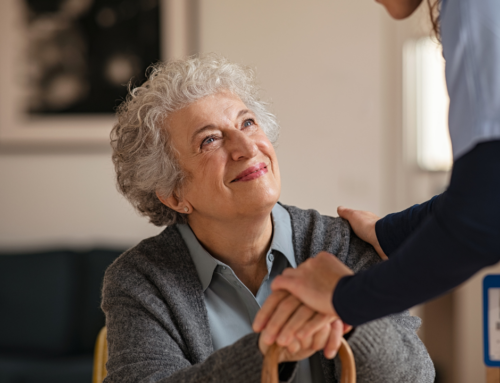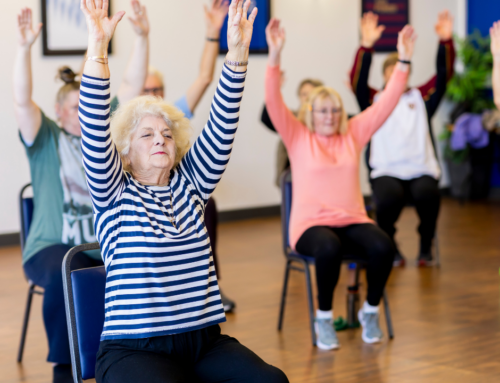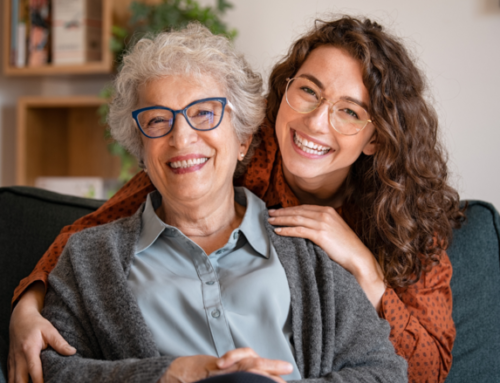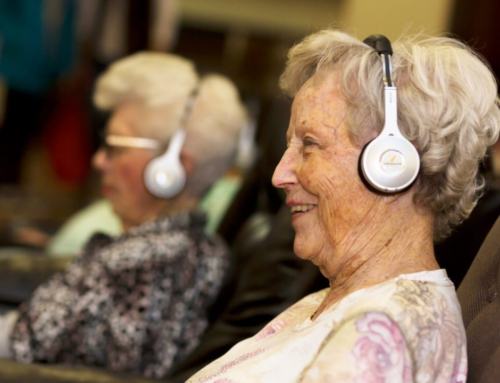In Texas, veterans, the elderly, and the disabled have many living arrangements and housing options. Veterans’ two standard options are living in a home or an apartment by themselves, and or living with family or friends. A third option growing in popularity is living in a care community or retirement village. This third option has terrific benefits for those that choose to go this route.
Assisted Care is a Wonderful Benefit for Residents
Everyone needs a little help at some point in their lives, especially aging or disabled veterans. Group residences offer assisted living services for the people who reside there. No task is too big or too small for the staff, and upon moving in, the community will evaluate and determine the level of assistance and care the new resident needs.
Receiving Help with Daily Chores is a Big Help
Staff members can assist with many daily tasks, including bathing, dressing, oral care, brushing hair, walking, and toileting. In addition, it is common for the community to take care of many household chores for their residents, including laundry, tidying up, making the beds, and food preparation. If the person needs help walking or eating, the staff will happily assist with those tasks.
Help is There for Those With Memory Problems
For some people, memory problems come hand in hand with aging. For those with dementia or memory issues, memory care is available. People with memory problems do better with set daily schedules. This is why set schedules are made for residents living with dementia or memory loss.
Keeping Veterans with Dementia Safe
It’s common for people with memory problems and dementia to wander off. To keep the residents safe, doors, windows, and elevators may have an alarm system or require a unique code to open. Outdoor spaces may be fenced in for safety, or staff may need to accompany the resident during outside time. Some residences may allow those living there to explore independently but wear a unique bracelet or device that lets the staff know the resident’s location.
Making New Friends is a Great Benefit for Veterans
Many people report feeling lonely in their day-to-day lives. Loneliness is prevalent for older adults and veterans who live alone. Feeling isolated is a leading cause of depression.
An excellent way to combat these feelings is by living with others. Living in communities full of other people and veterans may be just what the doctor ordered to ward off depression in elders. The opportunity to make new friends and be social is a huge benefit for this living arrangement.
Staying Active is Easier When Living in a Group Setting
A person living in a home by themselves may find themselves staying in one or two rooms all day with little to no physical activity. However, when living in a community, residents have many opportunities for physical activity. Each community has an activity director who schedules activities and field trips for residents. In addition, staff members will encourage those who live in the community to leave their rooms, get fresh air, and interact with others.
A Busy Social is a Normal for Residents
Being social quickly becomes routine when people live in a setting with their peers. It’s common in these settings for residents to stop by other residents’ rooms, say hello, introduce themselves, and hang out in groups. The activities director will also schedule plenty of social events and activities to help residents connect and meet new friends.
Communities typically post their activity schedule in communal places, post them online, pass out flyers to residents, and verbally remind residents of upcoming events. There will be activities scheduled for physical activity, mental agility, entertainment purposes, and more. Everyday activities for these communities include:
- Community dances
- Book club meetings
- Cooking events
- Religious meetings
- Gardening
- Craft classes
- Veteran meetings
- Gentle yoga
- Chair tai chi
- Bingo
- Movie nights
- Board game events
- Holiday gatherings
- Casino trips
- Shopping outings
- Museum visits
Families Rest Easy Knowing Their Loved One is Cared For
When veterans or elders live alone, their families may worry about them. For example, it’s common for families to worry whether their loved ones ate, took their medications, adequately cared for themselves that day, and were safe. When a loved one lives in a group residential community, the family no longer has to worry. However, the staff will let the family know if there is an issue, such as the person becoming sick.
People who live in these specialized residences have all of their needs met. The community staff can assist residents with eating, bathing, dressing, moving from place to place, and more. In addition, they make sure that everyone is happy and healthy and help with the resident’s medication. As a result, a family never has to worry that their loved one missed dinner or forgot to take their medicine.

